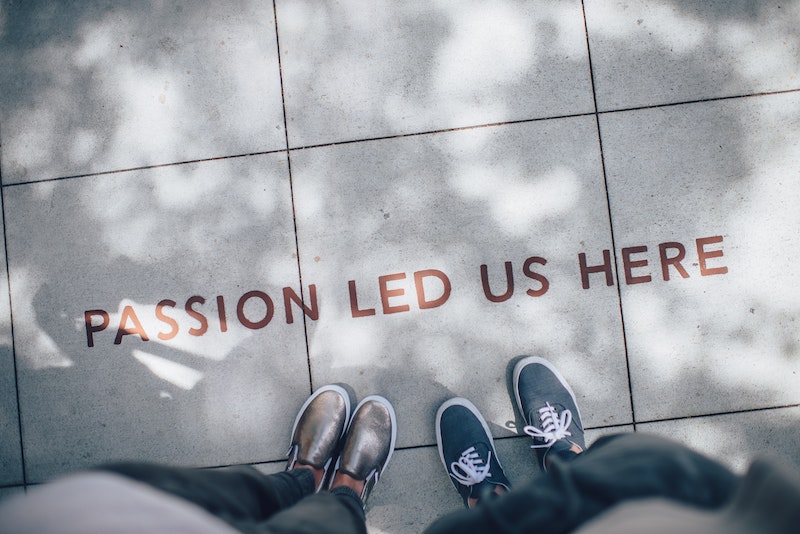
“Stop when it starts to feel like work.” – Alan Cohen
A few years ago, I wrote a story about a blind theatre group in India. Anyadesh, as they called themselves, means “another world” and these blind theatre performers came from the lowest rungs of society. Anyadesh was made up of unemployed job-seekers, hawkers, and people who’d been told they had no prospects in life. They earned little more than Rs 100 per show (less than $2) and performed in small villages, small theatres, local parks, even on the roadside.
I spent a day with the troupe, traveling with them for their performance, climbing over the rubble in their makeshift arts school, and finally, having dinner with them late at night until it was time for my photographer and I to depart. I sat next to Raju during dinner, a chatty man, and in my story, I described him as such:
“Raju, 25, sells incense sticks all day in buses, on the street, and at traffic lights. In the evening, he packs up his belongings, drops them off at home and walks the few blocks to theatre class.”
I wrote that his family didn’t like this and asked him, “Who do you think you’ll become? Amitabh Bachchan?”
Raju was particularly miffed by this statement and it had often stopped him from going to his evening class. But it resonated with me in ways that he couldn’t have known, because as an engineer who quit to become a writer and a writer who only wanted to tell the stories that mattered, I’d been asked the same question in various ways, sometimes by my own self. Who gave you the right to tell this story? Who do you think you are? The Indian Amy Tan?
It’s a question you’ve no doubt been asked as a writer or freelancer and if you’ve been lucky enough to not have someone else ask it of you, you’ve certainly asked it of yourself.
Sometimes, you answer it too. I’m not good enough to be published in The New Yorker, to have a New York Times bestselling book, to win any awards for my fiction. I might as well throw this manuscript by the wayside and do something more productive with my life.
Been there? I have, too. It’s why it took me three years to finally finish my own novel. And why I continue to procrastinate on taking the time to edit it.
But what I loved most about Raju’s story and that of the others is what they found in art. It’s the same thing most of us find in art. It’s not money. Money is important, of course, which is why they have their day jobs and I’ve talked quite a bit myself on how important it has been for me to make money with my work not only because I was the primary breadwinner for my family for the last year, but also because it gives my work legitimacy, it makes me feel valued and appreciated. Money in and of itself means very little to me, but I want money (and lots of it, thanks) because it allows me to have freedom of choice and lifestyle, which as a traveler can be an expensive one! I don’t demonize money. Far from it. I do want to be a millionaire, but not slaving away at a job I hate (or even simply like). I want to have the money doing things I adore. I want to wake up in the morning and feel like what I do means something (and then yes, I want to be rewarded handsomely for it).
When I asked the members of Anyadesh why they continue to practice every night even after such resistance from family and when they know, realistically, that as a poor, blind theatre group, they’ll only ever have a very small audience, they told me it didn’t matter. They do it not because they’re looking for some big reward at the end of the road, but because they really loved the dancing they were doing while on that road. The act of leaving the house and going to their own little community where they could be themselves WAS the reward.
They did it for the love. And they did it for the community. To find a group of people, blind like them and passionate about theatre like them, who would understand exactly who they are.
Passion and community.
The two most important parts of any creative career.
Have you found yours yet?